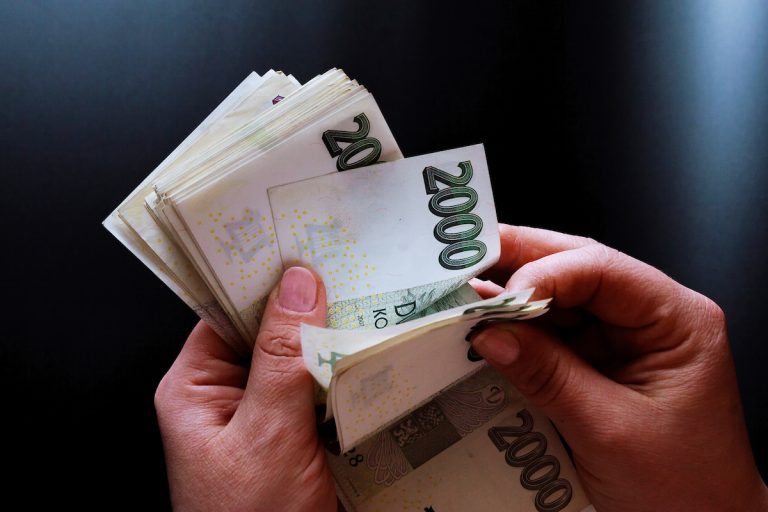The Czech Republic has fallen five places to 46th in the 2024 global ranking of perceived corruption, released today by Transparency International. According to the organisation’s report, the drop is mainly due to an insufficient government strategy against corruption and a lack of moral principles of politicians.
Slovakia dropped even more, by 12 places to 59th in the ranking of 180 countries.
The Czech Republic scored 56 out of 100 points, one point lower than a year ago and six points below the EU average. The Czech branch of Transparency International said inadequate government strategy, postponement of reforms and low political integrity are the reasons why the country worsened in the index.
“The government of Petr Fiala cannot claim any significant success in the anti-corruption agenda,” said Ondrej Kopecny, programme director of the Czech branch of TI. “The preparation and approval of anti-corruption laws is often complicated or delayed by members of the government parties themselves.” The report alleges that the ruling coalition consistently failed to resolve conflicts of interest in media ownership and subsidies, and that the ruling ODS and Christian Democrats (KDU-CSL), in concert with the opposition ANO movement, failed to support the necessary changes to public procurement.
In its statement sent to CTK, the Justice Ministry, which coordinates the activities of other Czech ministries in the fight against corruption, said the country’s decrease in the ranking was slight. The ministry said that the Czech Republic had fulfilled three recommendations from the Group of States against Corruption (GRECO) by passing amendments to the laws on public prosecution offices and disciplinary proceedings. It also pointed to a government bill on the regulation of lobbying, noting that, according to the National Recovery Plan, the Czech Republic must adopt functional regulation, including the creation of a lobbyist register, by the end of June.
“In the Czech Republic, we regularly witness situations where the government of Petr Fiala (ODS) adopts anti-corruption legislation only when it is threatened with sanctions for non-compliance with foreign obligations arising from EU membership or after pressure from GRECO,” said Czech TI branch executive director David Kotora.
“Another incentive for politicians is funding from the European budget. In the absence of these two aspects, government MPs do their best to either bone the legislation into a dysfunctional shambles or, worse still, have it fall under the table in the Chamber of Deputies,” he added.
Kotora said that the amendment to the law on public prosecutor’s offices to strengthen the independence of the judiciary was only passed after years of pressure from anti-corruption organizations, the public, and international institutions.
As for the legal regulation of lobbying, Kotora noted that it was an obligation related to the National Recovery Plan, without which the Czech Republic would not be able to obtain European subsidies.
The Czech TI branch also noted further developments in the Dosimeter corruption case related to the Prague public transport company, the case of purchasing municipal flats in Brno, and new cases related to the manipulation of contracts in the healthcare sector.
“These individual cases of politicians across the spectrum are a separate chapter, which clearly show that the promises of accountability and a higher political culture are just empty pre-election enticements,” Kotora said.
Slovakia scored 49 points, five less than a year ago. TI writes that Slovakia is one of the countries that need to be monitored. The situation in Slovakia has sharply deteriorated over the last year under the government of Robert Fico, as a number of reforms have weakened anti-corruption controls
Hungary is seen as the worst among European union member states in terms of perceived corruption.
Denmark again tops the world ranking, followed by Finland and Singapore. The worst performers are South Sudan, Somalia and Venezuela.
The three other neighbouring countries of the Czech Republic also fell in the ranking: Germany is in 15th place (down six places), Austria is 25th (down five places), and Poland is 53rd (down six places).
The Czech Republic finished 16th in the European Union, the same as last year.







